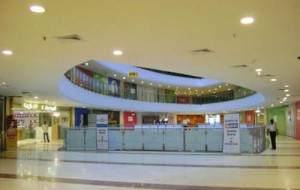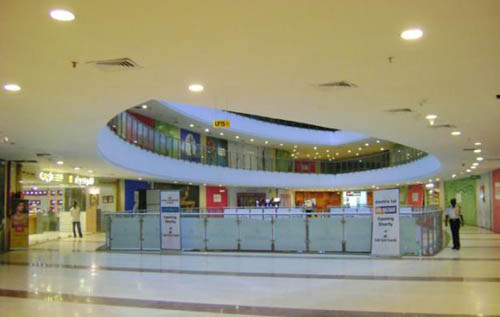 Track2Realty: Sentiment in the Indian occupier and investment real estate markets has been hit on account of deteriorating levels of growth in the economy, continuous fall in the rupee value, high retail inflation and subsequent rise in key policy rates, according to the RICS India Commercial Property Survey Q3 2013.
Track2Realty: Sentiment in the Indian occupier and investment real estate markets has been hit on account of deteriorating levels of growth in the economy, continuous fall in the rupee value, high retail inflation and subsequent rise in key policy rates, according to the RICS India Commercial Property Survey Q3 2013.
The Occupier Sentiment Index (OSI) for India fell deeper into negative territory during third quarter (July-September) to -22 from –1 in second quarter (April-June). This reflects a drop in occupier demand, a pick up in inducements and a moderation in near term rental expectations, although the latter still remain positive. Weakness in the occupier market appears to be fairly broad based amongst the retail, office and industrial sectors.
The survey added the Investment Sentiment Index (ISI) slipped back into negative territory with a reading of -23. This was a result of falling investment enquiries, a pick up in distressed property supply and a moderation in near term capital value expectations.
“Concerns over the tapering of US bond purchases helped unsettle the currency which subsequently saw a further loss in value. This has contributed to the deterioration in the inflation picture which has forced the hand of the central bank in pushing up interest rates. As a result, growth expectations are being downgraded for both the remainder of this year and next. These factors help to explain why sentiment in the real estate market has worsened,” said Simon Rubinsohn, chief economist, RICS.
“The supply of commercial spaces is growing faster than demand in the third quarter but rent expectations still holding up for now. There is a drop in enquiries but capital values are still steady. The risk is that both the rental and capital value indicator will turn negative if the generally weak economic scenario continues very far into the new-year,” he added.
The marked pick up in the activity around distressed properties earlier in the year and the subsequent hike in their supply in the latest survey is already dampening the extent of gains in capital values and could continue to be a drag on performance.
Commenting on the trend, Sachin Sandhir, Managing Director, RICS South Asia said, “From the occupier’s point of view, commercial spaces often involve more capital. Problems such as lower sales, cash flow crunch, expensive loans, high cost of labour and inflation have made occupiers cautious about their investments. Even investors— considered a good source of funds for developers– now prefer residential over commercial.”
However, in comparison to other BRIC nation, such as Brazil, which has also suffered a markdown in its economic outlook, the knock-on-effect on expectations for rent and capital values in India has so far been quite modest.
The survey does note that for the next twelve month period rental expectations remain more upbeat and capital valuation expectations are still positive. It is expected that the investment scenario will improve as the new year progresses.
At the global level, commercial property markets most impacted by the global economic crisis are showing signs of continuing improvement, whilst loss of momentum is evident in some of those markets that weathered it relatively well, according to the latest RICS Global Commercial Property Survey.
Heavily hit markets of the UAE and Japan have shown the biggest rise in occupier demand and investment activity; with the US also demonstrating signs of improvement.





